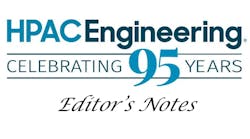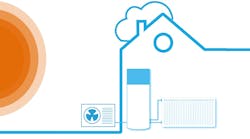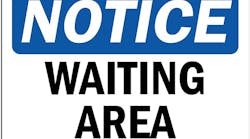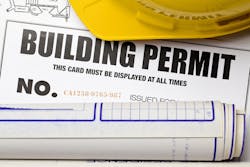Those of us in HVAC – and other construction-related industries – are governed in much of our work by state and local building codes.
These codes can be “home-grown” – that is, created and maintained by a state or local jurisdiction – or, more commonly, adopted (and adapted) from recognized national or international model codes. Here in Florida, for example, building codes were the sole responsibility of local governments until 1974, when the state legislature established a statewide minimum building code. However, local jurisdictions still had the responsibility for administering and enforcing their own codes. In 1980, the first state energy code was adopted, and in 1996, in response to Hurricane Andrew’s devastation, the governor established a study commission.
That task force recommended creation of a state building commission and adoption of a single, unified, statewide building code. The first edition of that code went into effect in 2002, superseding all existing local codes. Currently, the Florida Building Code (FBC) is on a three-year revision cycle. Although it is based on the International Building Code, the FBC includes Florida-specific requirements, such as High-Velocity Hurricane Zone requirements for certain counties, and must correlate with the Florida Fire Prevention Code.
The Federal Emergency Management Agency (FEMA) defines building codes as “sets of regulations governing the design, construction, alteration and maintenance of structures. They specify the minimum requirements to adequately safeguard the health, safety and welfare of building occupants”. The philosophy behind building codes, which have been around since the Code of Hammurabi (c. 1772 B.C.) and even appear in the Bible (e.g., Deut 22:8), is commendable and very few of us would argue that building codes are unnecessary. However, as with all things government, there are instances of overreach.
On a New York meter
Some local jurisdictions rely heavily on building permits and code enforcement for their revenue, and code enforcement activities – like speeding tickets – may sometimes appear to be driven more by dollars than by safety concerns.
One recent example of a building department’s attempt to impose new fees, that has alarmed design and construction professionals, is New York City Dept. of Buildings’ proposed rule to amend Section 101-03 of Chapter 100 of Title 1 of the Rules of the City of New York. This would allow the department to charge fees of $1,000 for answering requests related to code variations and $2,500 for processing appeals from denials of variations. Objections to the proposed fees have come from a number of organizations, including the American Council of Engineering Companies (ACEC), AIA, the Society of Registered Architects, the Architects Council of NY, and the NY State Society of Professional Engineers. These groups – and others – have pointed out that the Dept. of Buildings has readily acknowledged the conflicts and contradictions in the code’s reference documents. These ambiguities frequently require interpretation by the building commissioners, and charging fees for what is essentially resolving department errors, is grossly unfair. In particular, it could negatively impact affordable housing projects, green buildings, renovations to existing buildings, and small business owners and homeowners making minor alterations to their properties.
So, the questions we need to ask, when we see proposals of this type, is “Does this serve the public interest? Or is it just another (unlegislated) tax?”
A regular contributor to HPAC Engineering and a member of its editorial advisory board, the author is a principal at Sustainable Performance Solutions LLC, a south Florida-based engineering firm focusing on energy and sustainability. He can be reached at [email protected].










